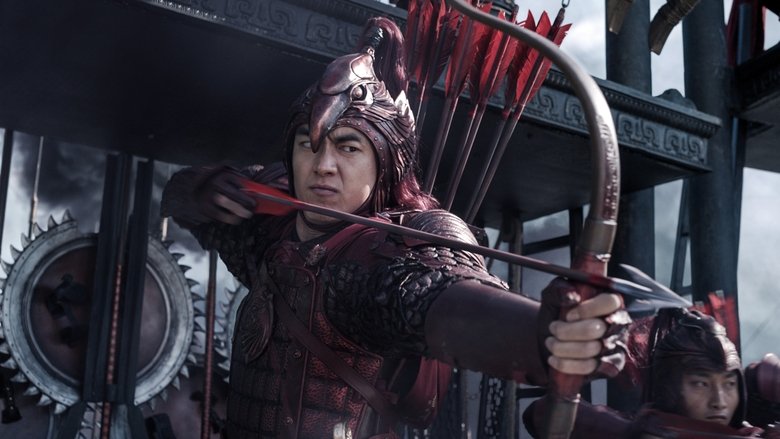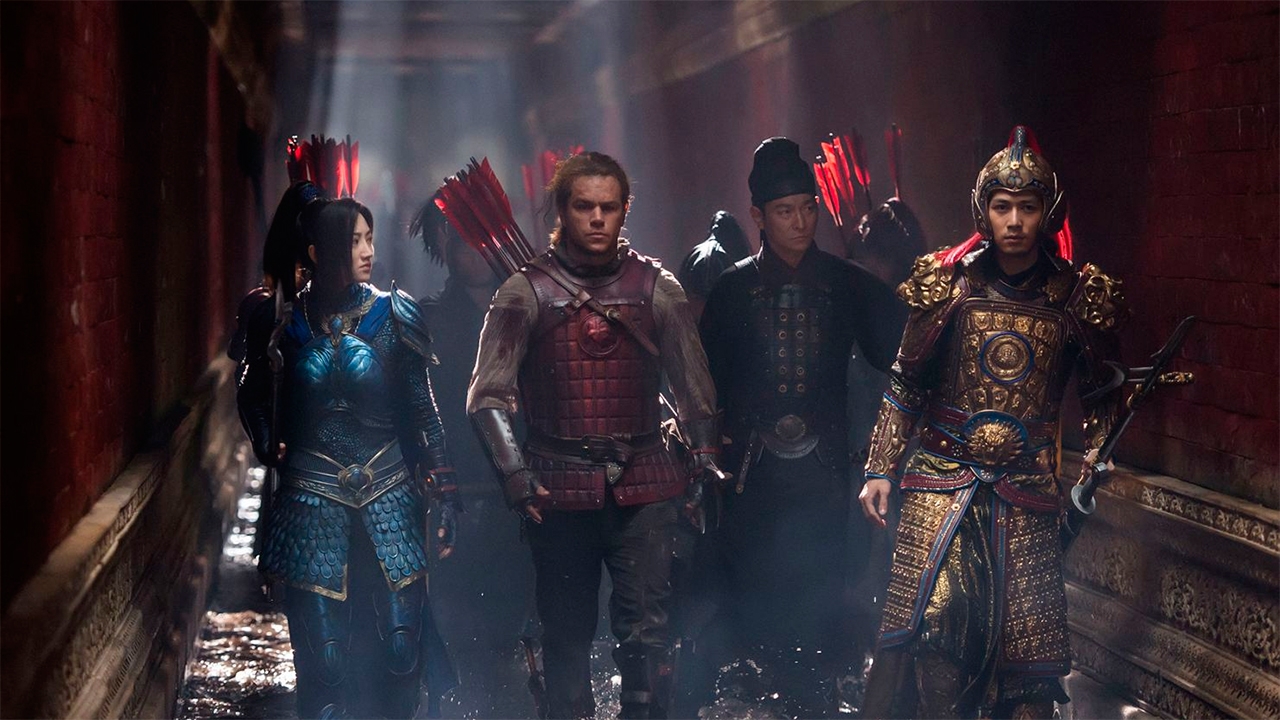

In his most agonizing scene, he shaves off all his body hair in a bloody reprise of Scorsese's famous short "The Big Shave." Geldof morphs through several standard rock star looks, all familiar from other stars: The big-haired sex god, the attractive leading man, the haunted neurotic, the cadaverous drug victim. The credits say he is being "introduced." He's onscreen more than anyone else, goes through punishing scenes, and even sings at times, although this isn't a performance film but essentially a 95-minute music video. Its central character, named Pink, is played by Bob Geldof, of all people, who could not be less like Pink. "Pink Floyd: The Wall" was written almost entirely by Roger Waters, the band's intellectual, self-analytical, sometimes tortured lead singer. I don't believe this dictator is intended as a parallel to any obvious model like Hitler or Stalin he seems more a fantasy of Britain's own National Socialists led by Oswald Mosley.

Or perhaps there are concert scenes, and they're disguised as an extended portrait of a modern fascist dictator whose fans morph into an adoring populace. There are no actual concert scenes, although there are groupies and limousines and a personal manager. What it doesn't depict is rock performance. It touches on sex, nuclear disarmament, the agony of warfare, childhood feelings of abandonment, the hero's deep unease about women, and the life style of a rock star at the end of his rope. It combines wickedly powerful animation with a surrealistic trip through the memory and hallucinations of an overdosing rock star.

Alan Parker, a director who seemed to deliberately choose widely varied projects, here collaborates with Gerald Scarfe, a biting British political caricaturist, to make what is essentially an experimental indie.

Seeing it now in more timid times, it looks more daring than in did in 1982, when I saw it at Cannes. This isn't the most fun to listen to and some viewers don't find it to much fun to watch, but the 1982 film is without question the best of all serious fiction films devoted to rock. David Bowie and Genesis followed, and "Pink Floyd: The Wall" essentially brought a close to that chapter. While the Beatles and Stones had recorded stand-alone songs or themed albums at the most, The Who produced " Tommy" in 1969 and "Quadrophenia" in 1973. The rock opera "Pink Floyd: The Wall," first performed in 1978, came at a time when some rock artists were taking themselves very seriously indeed.


 0 kommentar(er)
0 kommentar(er)
